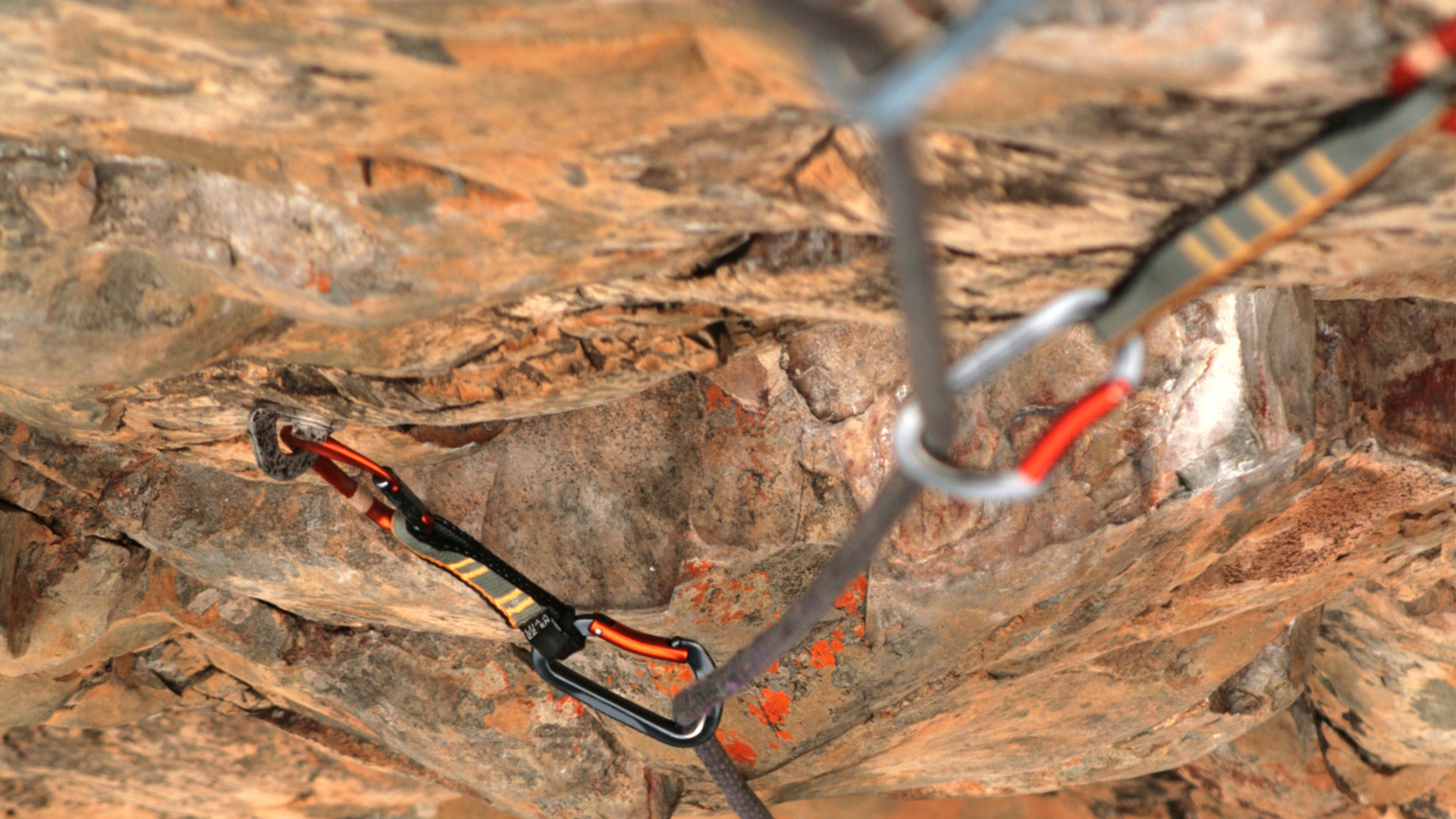
Sport climbing in the wild will continue after the National Park Service announced it has dropped proposals that could have banned the placement of climbing bolts in the wilderness.
In November 2023, the NPS and Forest Service announced they were seeking public input on proposed guidance that would tighten regulations on recreational pursuits like rock climbing, ice climbing, mountaineering, canyoneering and caving. The proposal subjected the use of fixed anchors and bolts – gear that is permanently attached to rock by climbers – under higher scrutiny and more oversight.
The draft guidelines contended that “fixed anchors constitute a prohibited use” under the Wilderness Act of 1964 and sought to restrict places where they may be installed by requiring that a “minimum requirements analysis” be conducted on any route where a bolt might be placed (or replaced).”
The move caused an uproar in the climbing community, with industry leaders like Black Diamond urging climbers to have their say.
"These policies are of detrimental impact to the safety and future of American rock climbing, and would classify fixed anchors as “prohibited installations” in Wilderness areas," wrote the climbing brand on Instagram.
"It would impact some of America’s most iconic climbs in Yosemite, Joshua Tree, the Wind Rivers, and Rocky Mountain National Park just to name a few."

The public comment period was open for 74 days until January of this year. Yesterday, however, the NPS updated the memo announcing it has discontinued the development of this proposed guidance.
“Park leaders will continue to manage climbing activities in wilderness on a park-by-park basis consistent with applicable law and policy, including the Wilderness Act," says NPS spokeswoman Cynthia Hernandez.
It is not yet known if the Forest Service will also end its participation in this proposal.
Sport climbing is climbing that takes place on routes that are already protected by pre-installed bolts. The lead climber attaches quickdraws to the bolts as they climb, clipping the rope in as they go.
This is different to trad climbing, where the climber has to place their own protective gear – such as nuts, hexes, cams or slings – onto features in the crag as they progress.
The controversy surrounding permanent bolts goes back decades, and is chronicled in the film Valley Uprising, which tells the story of notorious "clean climber" Royal Robbins, and his rival Warren Harding, who was happy to leave as much gear as it took if it meant he could reach the top of El Capitan first (he did).







